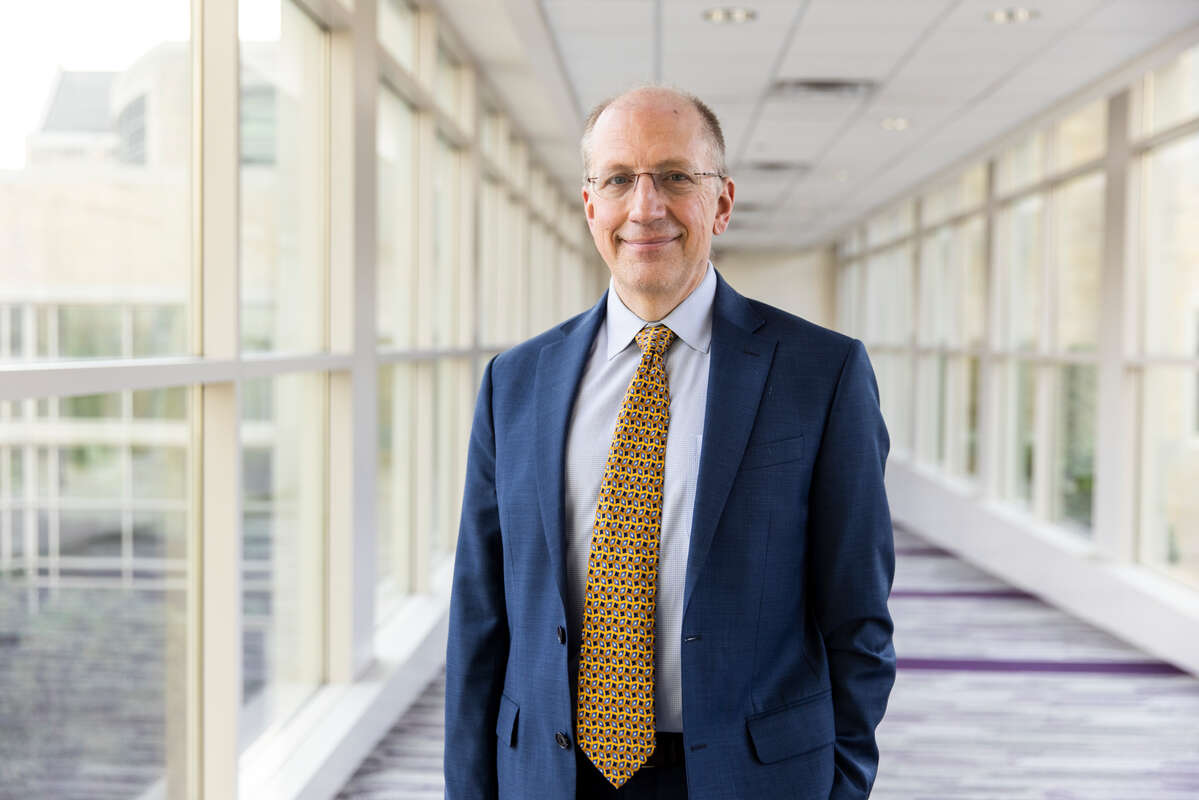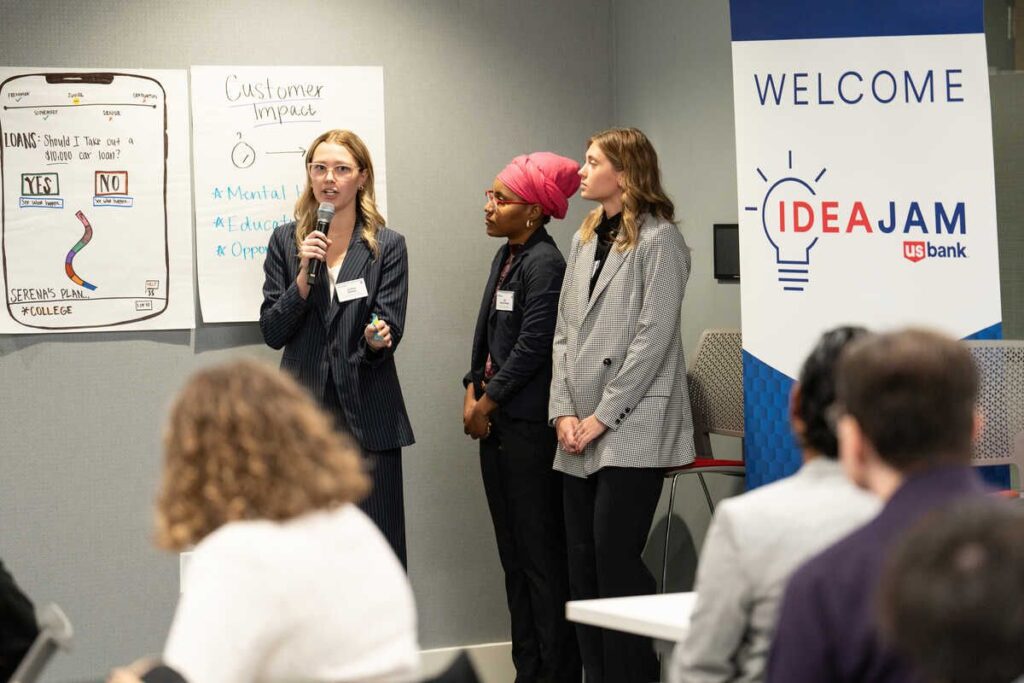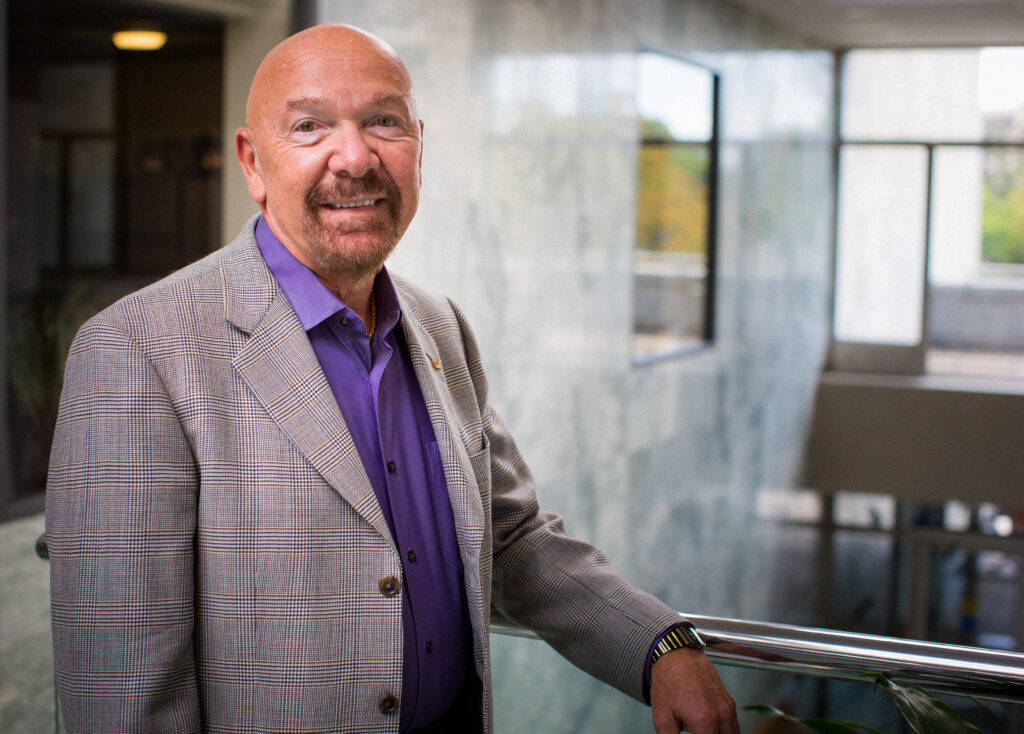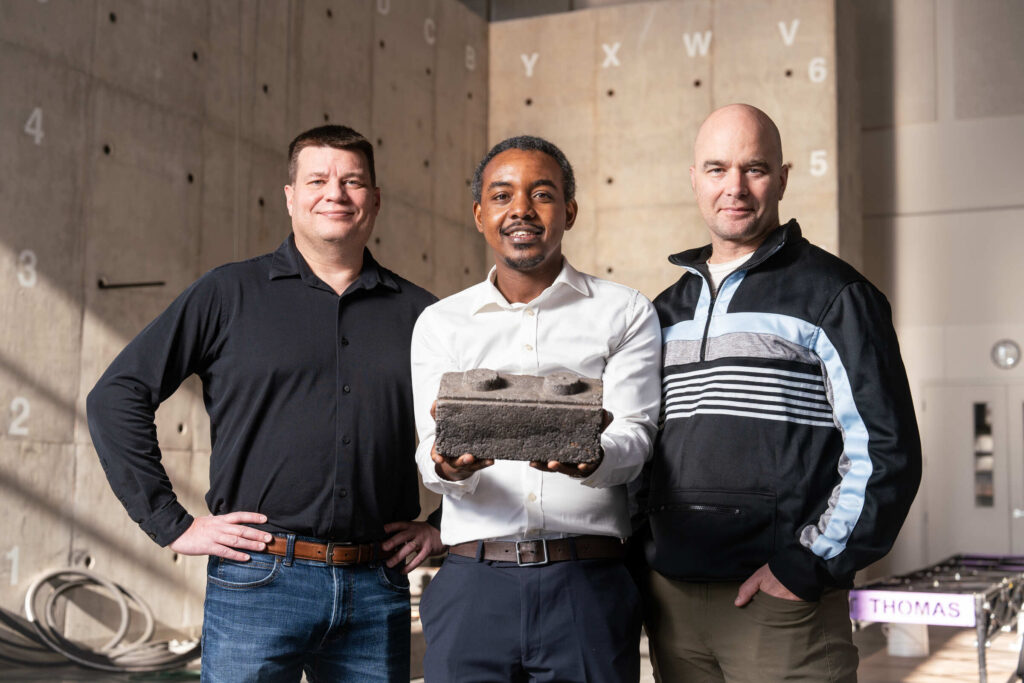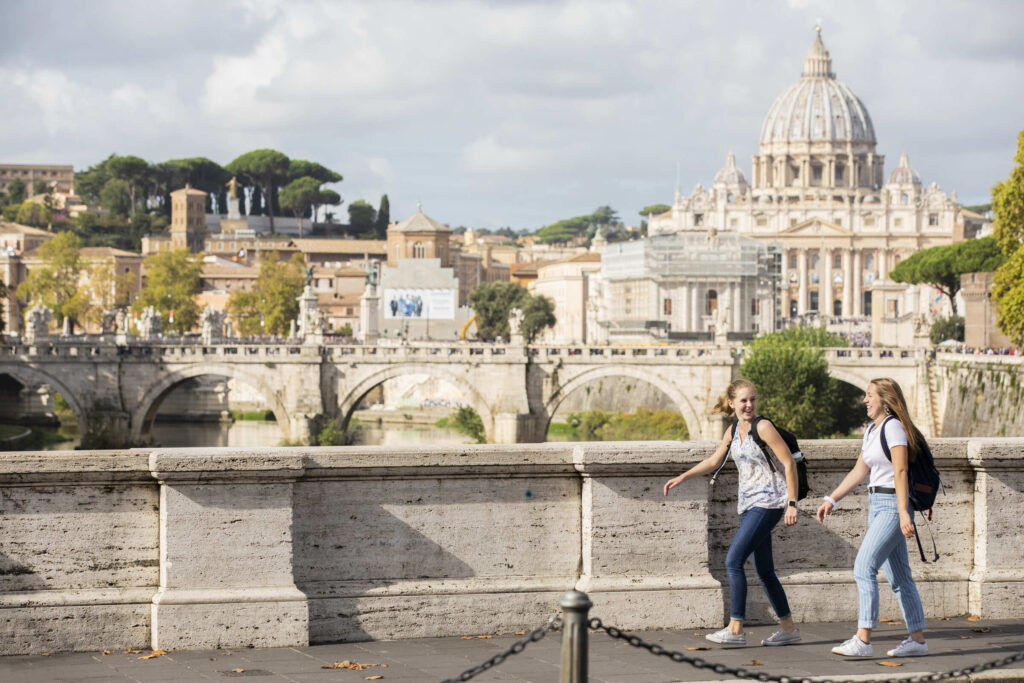The School of Law’s Religious Liberty Appellate Clinic, led by Professor Thomas Berg, has filed amicus curiae briefs with the U.S. Supreme Court and the 9th U.S. Circuit Court of Appeals. The Supreme Court case disputes the higher fees charged to religious broadcasters versus secular broadcasters. The 9th Circuit case involves the First Amendment religious freedom rights of Native Americans in Arizona whose sacred land is being threatened by mining.
Student practitioners in the Religious Liberty Appellate Clinic, Arianna Rwaki (3L) and Kris Thompson (2L), conducted research and contributed to drafting the briefs.
Religious Broadcasters v. Copyright Royalty Board and Librarian of Congress
In March, the clinic filed a brief with the U.S. Supreme Court on behalf of the Christian Legal Society and the National Association of Evangelicals supporting the petition for certiorari in National Religious Broadcasters Noncommercial Music License Committee v. Copyright Royalty Board and Librarian of Congress.
The case challenges the Copyright Royalty Board’s (CRB) practice of charging religious broadcasters far higher rates to stream music online than key secular broadcasters (those that are affiliated with National Public Radio). The religious broadcasters allege that the CRB’s discriminatory treatment of religious content online puts religious stations at a disadvantage in the marketplace of ideas. The broadcasters also claim that the CRB’s rates violate the Religious Freedom Restoration Act (RFRA).
“The court below simply deferred to the CRB, as an administrative agency, on the question whether religious webcasters and NPR webcasters are different and should have far different royalty rates. We argue that courts can’t abdicate their responsibilities to protect religious freedom and other First Amendment rights,” Berg said. “In the brief we support this with foundational cases, issued over several decades, requiring independent appellate review in First Amendment and other constitutional cases – most notably, the famous case on free speech and libel law, New York Times v. Sullivan (1964).”
Apache Stronghold v. United States
The clinic’s second brief was filed in support of Apache Stronghold, a coalition of Apaches, other Native peoples, and non-Native allies, which is seeking a full review of the 9th U.S. Circuit Court of Appeals’ most recent en banc ruling in Apache Stronghold v. United States.
The clinic submitted a brief in 2023 in the case on behalf of five leading religious liberty scholars at law schools around the nation. It argued that the federal government will violate the tribal members’ religious rights under RFRA if it is allowed to destroy sacred land known as Oak Flat by transferring it to the Resolution Copper Mining company. The clinic asserted, as it does in its most recent brief, that the government’s actions will impose a “substantial burden” on the Apaches’ religious exercise, by any ordinary meaning of that term, and therefore triggers the protections of RFRA.
On March 1, the 9th Circuit denied 6-5 Apache Stronghold’s request for an injunction against the federal government’s transfer of Oak Flat – federally owned, copper-rich land within the Tonto National Forest in Arizona – to Resolution Copper.
“This case is vital because it will determine how Native Americans’ religious rights are handled in the 9th Circuit, the court whose jurisdiction covers most federal land and most sacred Native sites,” Berg said.
Religious Liberty Appellate Clinic
The Religious Liberty Appellate Clinic is one of 10 legal clinics at the University of St. Thomas School of Law. The clinic’s primary clients are national civil liberties organizations and national religious organizations. Each year St. Thomas law students apply to participate in the clinic and, under the guidance of Berg, write appellate briefs – primarily amicus curiae briefs – in major cases involving religious liberty in the U.S. Supreme Court, lower federal courts and state appellate courts. The clinic supports religious freedom for all faiths and has filed briefs on behalf of Muslim, Jewish, and Christian adherents and groups.
